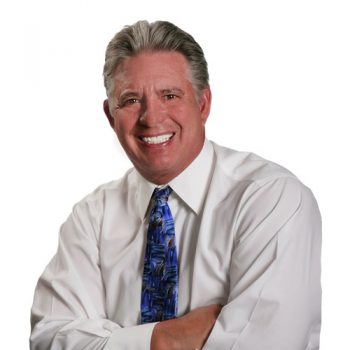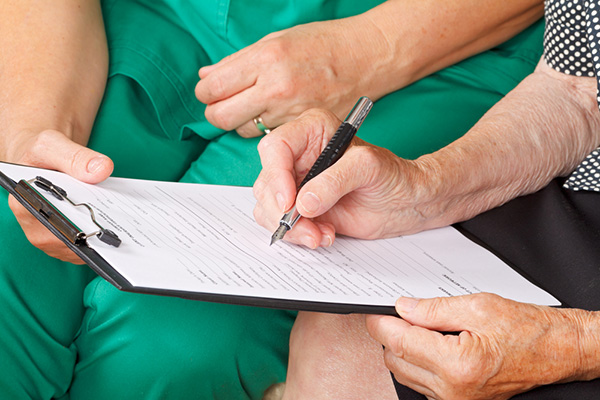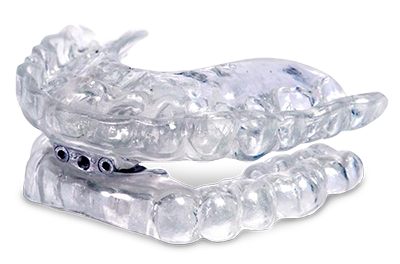Getting the Treatment You Deserve
See Dr. Jim Beck About Sleep Apnea
The first step in receiving treatment for sleep apnea is getting the right diagnosis. Heavy snoring and frequent nighttime gasping for breath are common sleep apnea symptoms. If these symptoms are keeping you or your sleep partner awake at night or causing you to be drowsy and irritable during the day, you owe it to yourself to contact Dr. Beck and schedule your appointment right away.
Sleep Apnea is a condition requiring a medical doctor diagnosis. If your medical doctor has not diagnosed you with sleep apnea, Dr. Jim Beck has extensive knowledge and experience regarding the mouth and throat where sleep apnea symptoms are most noticeable. He will screen you for OSA symptoms and facilitate medical doctor referral for proper diagnosis.


Getting the Right Diagnosis
Dr. Jim Beck will begin your sleep apnea screening by asking you some questions about your lifestyle and the type of sleep you’ve been getting. Then he’ll perform a thorough examination of your airway and oral cavity. After a proper screening, Dr. Beck will work in close contact with your medical doctors to assure you receive proper diagnosis and examination, which leads to a sleep study being ordered and read by your primary physician.
A sleep study can either take place at home or be conducted in a sleep laboratory. A laboratory sleep study is more exhaustive, but it’s also more costly. Many of our patients opt for the comfort and convenience of a home study.
The next step is to review the patient’s sleep study. This is mandatory for proper diagnosis. Your sleep study must be ordered by your primary care physician, an MD, NP, or ENT are acceptable as well. Once you have performed your sleep study your physician can diagnosis you with OSA. Once diagnosed Dr. Beck will go over the results of your study with you and confirm if you are a good candidate for an oral appliance.
Your Treatment Options
Dr. Jim Beck will work with your personal physician to make sure you get the appropriate treatment. Common sleep apnea treatments include:
- CPAP Machines–CPAP stands for continuous positive airway pressure, and it refers to a variety of devices that use mild air pressure to keep airways open during sleep. CPAP is the treatment preferred by most practitioners for cases of severe sleep apnea. It’s safe, effective, and provides a substantial benefit. Unfortunately, many patients find CPAP to be loud and unwieldy and it can also disturb your sleep mate. It’s estimated that over half of sleep apnea patients stop using their CPAP after less than a year.
- Oral Appliances–Oral appliances can be very effective, especially in cases of mild to moderate sleep apnea. They’re small, portable, convenient, and they don’t make any noise. Oral appliances are easy to travel with and they don’t require any electricity, so you can even take them camping. Oral appliances can also be used to treat teeth clenching, snoring, and TMJ Disorder.
- Surgery–There are several types of surgery used to treat sleep apnea, including the removal of the patient’s tonsils, adenoids, or excess tissue in the throat or nose. These procedures can be time-consuming and they don’t always work. Sometimes they can even have severe side effects.

